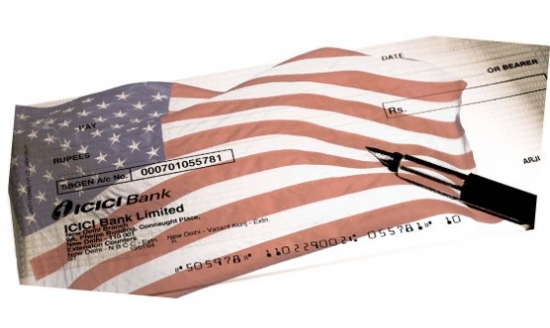
Uncle Obama wants you!
And your foreign bank account
by Monte Silver, Albert Golbert & Henriette Fuchs
The U.S. government requires all American citizens, residents and foreigners doing business in the US to disclose their foreign bank accounts. The IRS granted people an amnesty from serious criminal and civil penalties if they came forward and disclosed their bank accounts by October 2009. Since then, the IRS has hired another 400 revenue agents and is aggressively going after the holders of any non-disclosed foreign bank accounts. Even more drastically, the IRS is pursuing foreign banks where the money is deposited, forcing the banks to disclose the bank accounts, as occurred in the publicized cases of UBS (Switzerland) and LGT Bank (Lichtenstein).
A taxpayer who used the amnesty program and disclosed a foreign bank account avoided taxes, penalties and interest. For example, a taxpayer with unreported income of $1,000,000, plus $50,000 in interest income since 2003 would pay only $386,000 plus interest. Failure to disclose under the amnesty program could result in tax liability of $2.3 million, or much more if the non-reporting was fraudulent. Of course, criminal liability would also exist.
Now that the amnesty program has ended, those who did not disclose may now be wondering what to do - disclose or hope for the best? “During the amnesty 14,700 people came forward, but many of the disclosures were incomplete,” says Al Golbert, US attorney and international tax specialist in California. "In a meeting with US tax professionals, senior officials from the IRS Criminal Investigations Division explained that taxpayers can still disclose today and avoid criminal prosecution if they had no real intent to evade tax."
So is it worthwhile to consider disclosing a foreign bank account and benefit from the leniency the IRS is willing to grant? This depends on the circumstances.
What are these circumstances? From secret memos arising from the Swiss and Lichtenstein cases we learn that the IRS is especially interested in forcing banks to disclose large hidden accounts and situations where the taxpayer displayed an actual intent to conceal income and commit fraud – such as by use of trusts or straw companies. In cases where the taxpayer received the money from a deceased relative or some other innocent source, the criminal intent is absent and disclosure may be a decent option to consider.
It is worth noting that the disclosure requirements are broad and apply not only to foreign accounts of Israeli residents with US citizenship, but also to (1) bank accounts where such people have power of attorney for accounts of their elderly parents, and (2) foreign accounts Israeli company doing business in the US. Furthermore, an accountant may be liable both to the IRS and to his/her client should the tax professional fail to properly advise the client.
To summarize, the IRS is prioritizing the issue of foreign bank accounts. While the amnesty period has passed for cases involving fraudulent circumstances, taxpayers who innocently failed to disclose their accounts should consider benefiting from the amnesty program. It can save significant penalties and interest, as well as criminal liability.
 LEV-RAN SCHOOL: A LOVE STORY (new)
LEV-RAN SCHOOL: A LOVE STORY (new) DEAR EDITOR 154
DEAR EDITOR 154 KNITTING CLUBS: TEL AVIV'S KNITTING & CROCHET SOCIAL CIRCLE
KNITTING CLUBS: TEL AVIV'S KNITTING & CROCHET SOCIAL CIRCLE-1372524003.jpg) the key question
the key question  advantages of the living trust
advantages of the living trust Chaim BePlus
Chaim BePlus Monte Silver
Monte Silver